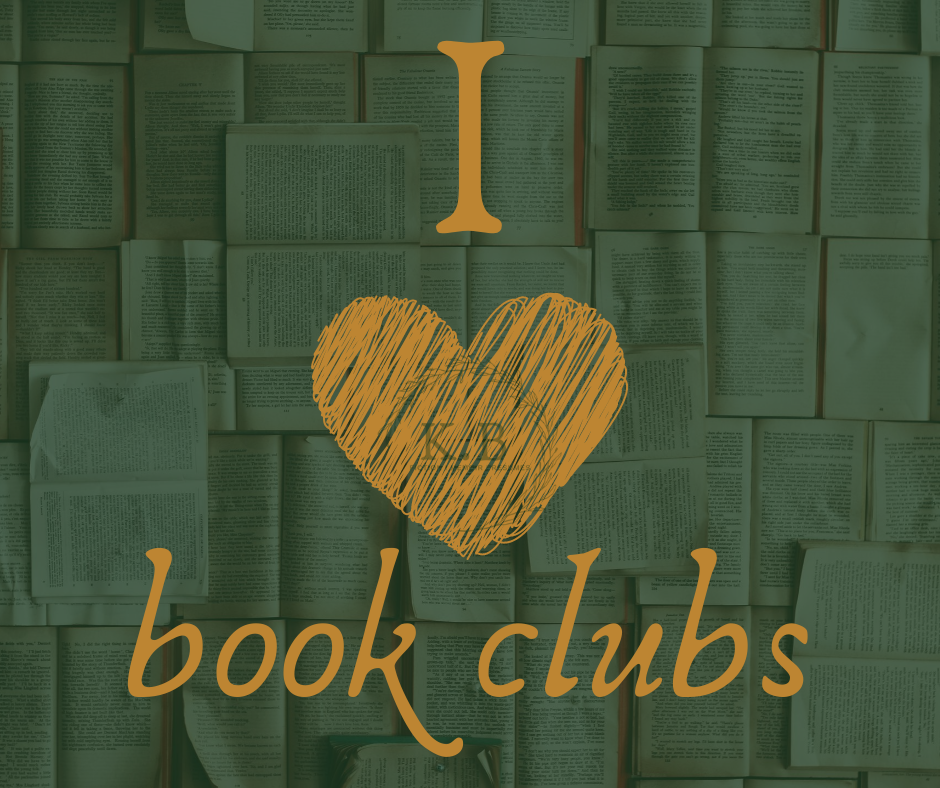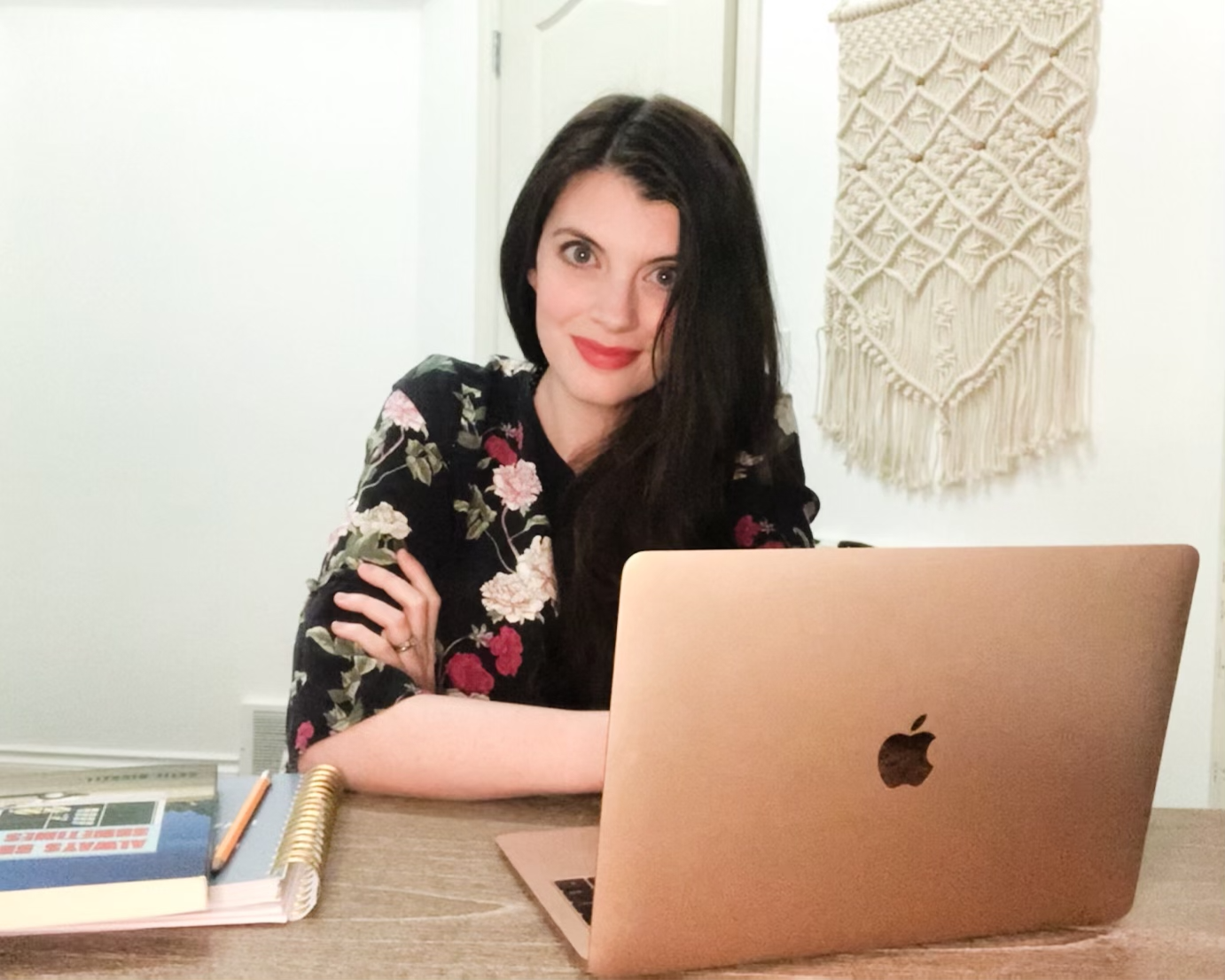Early this spring a literary agent referred me to a professional editor. The agent was interested in my manuscript, But for the Streetlamps and the Moon and All the Stars, but felt it needed more editorial work than her busy schedule would provide. So she sent me to one Janice Zawerbny, and asked me resubmit the work after consulting with Ms. Z.
In a bout of pessimism, I thought the referral was simply a polite blowoff. To cope with the disappointment I gave myself over to an engaging book: Zoe Whittall’s The Best Kind of People. The read was powerful, clear, and tense; it was no wonder Whittall had been nominated for the Giller Prize (the book is currently being adapted to film by oscar-nominated actress, writer, and director Sarah Polley). Sorry to finish it, I came to the acknowledgment’s page and saw a familiar name – Janice had edited the very book I held in my hands!
Googling the name, I found her fingerprints on some of the books I already had on my shelves: David Usher’s Let the Elephants Run, Katherine Vermette’s The Break. She’d lead House of Anasis Press’s Canadian Fiction Department and, before that, was editorial director of Thomas Allen Publishers, both publishing houses high on my dream list. What a fool I was! A referral to JZ was no blowoff but an amazing opportunity. Do I want my work to read as clean as Whittall, Usher, or Vermette’s? Um, eff yeah I do.
So fast forward to today: she and I had a lengthy conversation regarding my manuscript. I want to share some of the more “big picture” writing tips I learned in case they can help others. I hope you get as much from them as I have.
1. Watch for Pronoun Confusion
“(Lacey) looks at Patty but Patty glances away and pretends she didn’t hear. She knows Shannon is lying but she doesn’t want to be a know-it-all.”
Who is she? I know who she is, but probably you guys don’t. There are three female characters in this scene and the personal pronouns get tricky. Clarity needed.
2. You can’t afford song lyrics
You just can’t. It sucks. I know. Music is a big part of my life and so it was a big part of this book (the last chapter is dedicated to Gord Downie), but using or even paraphrasing song lines cost a fortune. My use of only two words (“Hey Jude”) would cost about $500, and that’s only one line of dozens of song references I’d used to mark the passage of time in a book that spans 25 years. Janice said this is a very common problem – she couldn’t think of a book she’s edited that didn’t try to incorporate a lyric (in one case an author was denied rights to use the song he’d created himself!) – but at the end of the day, an author only has two options: pony up the cash to pay recording studios for rights or cut, cut, cut. You can use the name of an artist or public figure in your work, but not the lines they’ve created.
3. Don’t use brand names.
In one of stories I make reference to a Motorola RAZR phone. This was another time-indicating device as the phone was very popular right before Apple’s smart phones took over. No dice; it reads like brand placement. If I don’t cut it now a copy editor will make me cut it later.
4. Slow down
…particularly, on scene transitions. Janice drew my attention to a few scene transitions that would be jarring for a first time reader. This is a weakness for those of us who like to keep their stories as brief as possible, but a reader’s ability to follow the the narrative is much more important than word count. Even adding just one more sentence can ease a scene transition.
5. Respect the narrative voice
All of my stories are written from a very close third person perspective and a few times I made the mistake of letting the narrative voice skate just a little too close to the character’s. For example, one story focuses on a character who is more likely to say “gonna” instead of “going to.” But unless the narrator speaks like that in every other story in the collection, this use of slang creates an unreliable narrator. In this case (in which that language wouldn’t work in every story), I must maintain the narrator’s standards and use “gonna” in character dialog only.
6. Watch for continuity/chronology flaws
In a book the spans an era, characters grow and age. The character’s age in future stories must correspond to their age in past stories. While I thought I’d mastered this, there was one story in whichJanice thought a character was younger than I had tried to write her (she guessed “Iris” was definetly under the age of ten, while I had her in my head as eleven years old). To readers believing this character was younger than I intended her to be, her role in later stories would seem implausible. Will revise for clarity.
7. OH, TYPOS!
In one story, I accidentally left the “n” off of the word “barn,” which made for great confusion as the scene in question is set in an Amish community.
8. Stress the foreshadowing / Set the scene
Without greater foreshadowing (and tension) in one story, an act of violence came off as a device far too convenient to wrap up the tale. I’ll be adding a couple sentences to this particular story to better set the scene and show the act as a more organic outcome.
9. Pick a shorter title
Shorter titles mean better sales. This isn’t much of a problem as But for the Streetlamps and the Moon and All the Stars is just a “working” title (it’s the title of the collection’s first story), but it might scare away agents and publishers. Good tip to keep in mind when pitching.
***
The only other changes I’ll be making (other than minor revisions for clarity and grammatical line changes) will be the addition of one more story to better honour a certain character, and perhaps a dramatic personae at the beginning of the book or an index of characters/family tree as part of an index as the “novel told in short stories” features a large cast of interconnected characters.
All in all, I am so glad I made use of this remarkable referral, and I’d urge other writers to seek professional editing prior to submitting their manuscripts to agents and publishers. I feel renewed and enthusiastic; I can’t wait to play with this text again!




